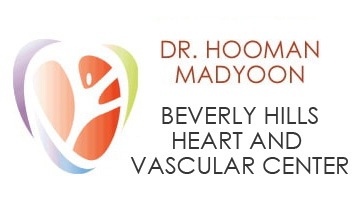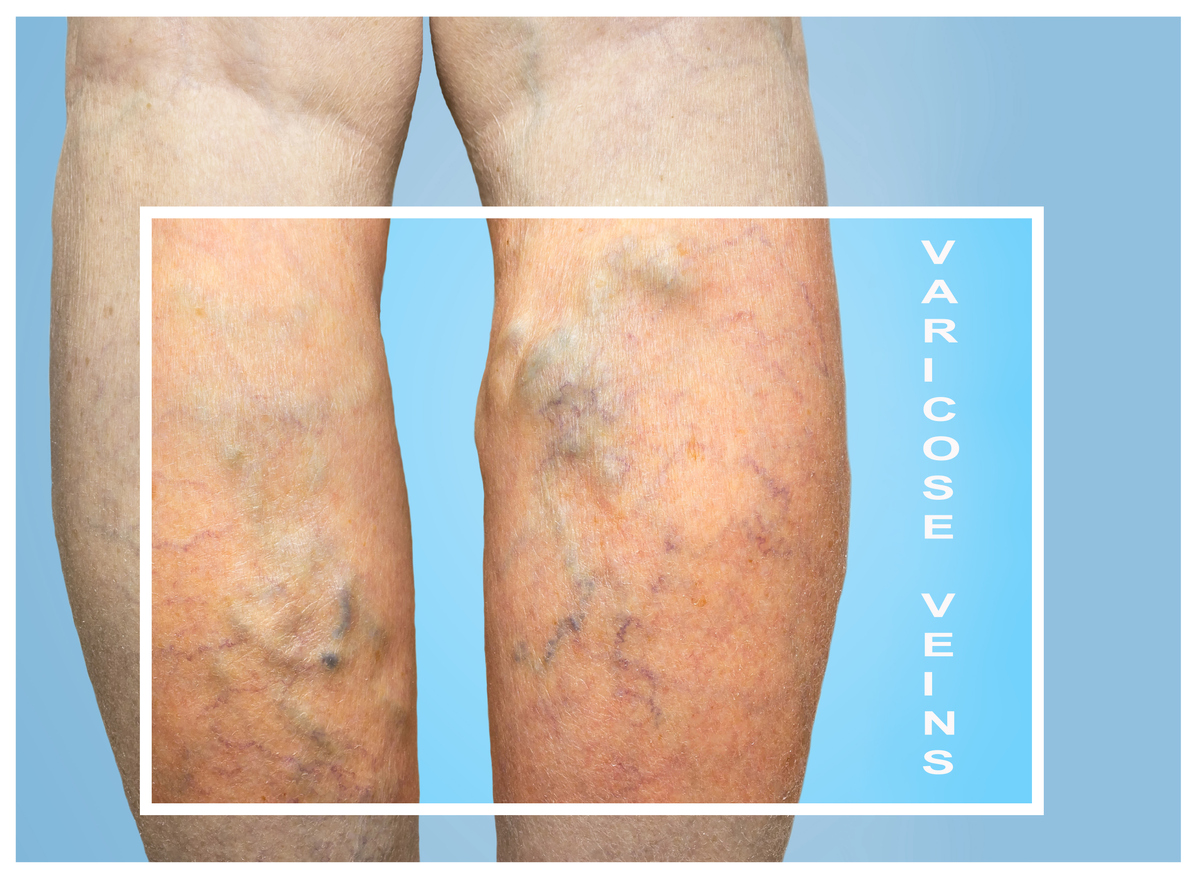Varicose veins appear as twisted, enlarged veins that lie close to the surface of the skin. They may start near your feet and creep up to your thighs over time. Many people feel embarrassed by the appearance of bulging veins close to the skin. But, are varicose veins dangerous? The doctors at Beverly Hills Vein and Cardiovascular Institute recommend a thorough varicose vein screening. This leads to a more specific diagnosis.
Varicose veins can indicate a more serious underlying problem. Veins are part of the cardiovascular system. Varicose veins can be a clue that your cardiovascular system is not functioning well. It is important to treat varicose veins in time. Left untreated, they can lead to more serious diseases:
- DVT (Deep Vein Thrombosis)
- Pulmonary embolism
- Non-healing leg ulcers
Do all you can to prevent these diseases from developing. Contact Beverly Hills Vein and Cardiovascular Institute for a consultation.
At their worst, the above diseases can become deadly. Read on to find out… are varicose veins dangerous?
DVT
DVT (Deep Vein Thrombosis) is when a blood clot forms deep in the vein. According to Harvard Health, DVT usually occurs in the leg or thigh, but it can also happen in the leg or arm.
It can develop for many reasons, but there are some common triggers:
- Traumatic injury
- Surgery
- Lying in a hospital bed
- Sitting for long periods (as you do in long-distance travel)
- Cancer and some cancer treatments
- Genetic factors
The symptoms of DVT are easily confused with those from a bone, muscle, or nerve injury:
- Swelling
- Redness
- Discomfort
- Warmth
If you experience any of these symptoms for more than a few hours, contact Beverly Hills Vein and Cardiovascular Institute for a diagnosis. We use the most advanced method of diagnosis to safeguard your health.
Pulmonary Embolism
DVT poses a serious threat because it can lead to a pulmonary embolism. The clot can break off and travel up the blood vessel. It eventually reaches the lung, where it causes a blockage. The pulmonary embolism is this blockage. Harvard Health names the symptoms of pulmonary embolism:
- Difficulty breathing that comes on suddenly, or without explanation
- Irregular heartbeat
- Chest pain or discomfort, especially if it worsens with a deep breath or coughing
- Coughing up blood
- Feeling lightheaded or faint
If you have these symptoms, especially if they get worse over a number of hours,
call 9-1-1 right away.
Non-Healing Leg Ulcers
Michigan Medicine writes pulmonary embolism is a cause of non-healing leg ulcers. Venous ulcers are open skin sores caused by problems with blood flow in the legs. Normally the body is self-healing when it comes to wounds. They heal over time. Ulcers are different: they may not heal without proper treatment.
John Hopkins Health writes that varicose veins occur when the valves in the leg veins don’t work well. This causes the blood to pool, or collect, in the lower leg. As a result, venous ulcers can occur. Proper care and treatment of venous ulcers can prevent infection and promote healing. Doctors recommend always having veinous ulcers checked right away.
Beverly Hills Vein and Cardiovascular Institute can help you with venous ulcers. We identify the risk before it becomes a more serious problem. Contact Beverly Hills Vein and Cardiovascular Institute today by calling 310-492-8858.
Without treatment, a venous ulcer may form if:
- Your skin turns dark red or purple (around the area where the vein leaks)
- The skin may also become thick, dry, and itchy
Symptoms of a venous ulcer are:
- You have swollen or achy legs
- You form a wound which has an odor or drains pus
- The area around the wound is tender and red
Source: https://www.uofmhealth.org/health-library/tn8004
Are varicose veins dangerous? They sure may lead to more serious issues. If you suspect a venous ulcer or know you have one, contact a professional. Call Beverly Hills Vein and Cardiac Institute right away. Small ulcers are easier to treat than large ones. Don’t let the problem get worse.
Varicose Vein Treatment
Dr. Maydoon is a highly regarded cardiologist specializing in veins, arteries and heart treatment. Dr. Maydoon is the founder and practicing physician at Beverly Hills Vein and Cardiology Institute in Los Angeles. He treats varicose veins, deep vein thrombosis, leg ulcers, and other cardiovascular issues. Dr. Maydoon treats his patients with in-depth and compassionate care. Contact Dr. Maydoon at Beverly Hills Vein and Cardiology Institute today by clicking or calling 310-492-8858.

